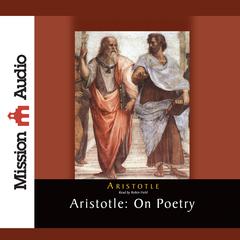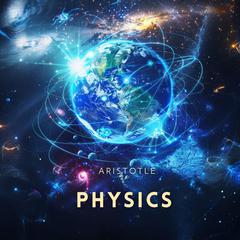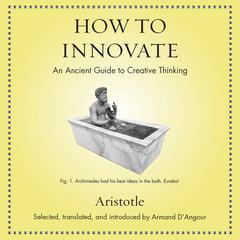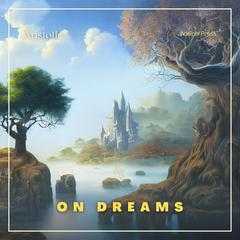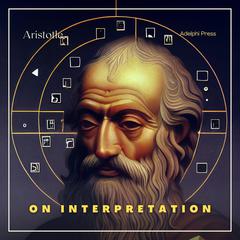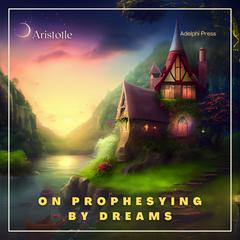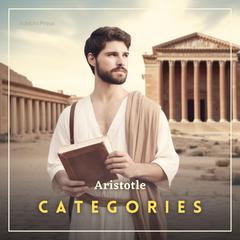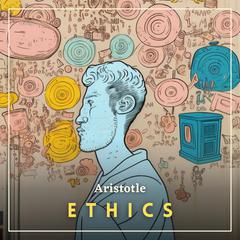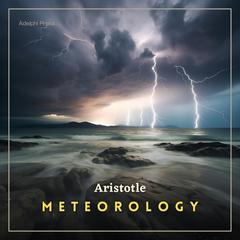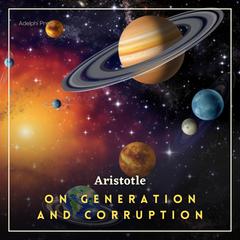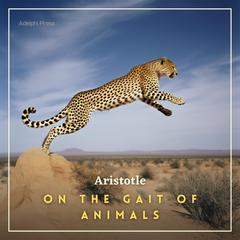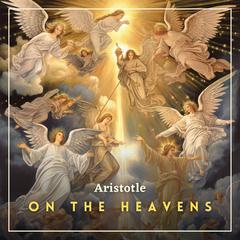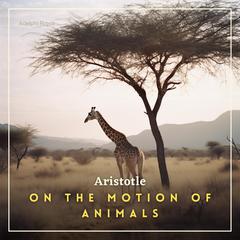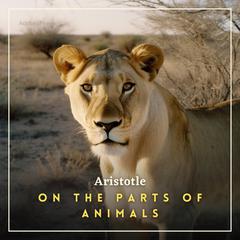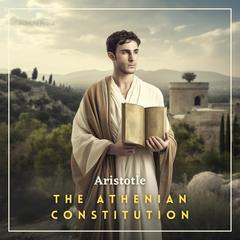 Play Audiobook Sample
Play Audiobook Sample
Aristotle's Poetics Audiobook
 Play Audiobook Sample
Play Audiobook Sample
Quick Stats About this Audiobook
Total Audiobook Chapters:
Longest Chapter Length:
Shortest Chapter Length:
Average Chapter Length:
Audiobooks by this Author:
Publisher Description
Aristotle’s Poetics is best known for its definitions and analyses of tragedy and comedy, but it also applies to truth and beauty as they are manifested in the other arts. In our age, when the natural and social sciences have dominated the quest for truth, it is helpful to consider why Aristotle claimed poetry is more philosophical and more significant than history. Like so many other works by Aristotle, the Poetics has dominated the way we have thought about all forms of dramatic performance in Europe and America ever since. The essence of poetry lies in its ability to transcend the particulars of everyday experience and articulate universals, not merely what has happened but what might happen and what ought to happen.
Download and start listening now!
Aristotle's Poetics Listener Reviews
Be the first to write a review about this audiobook!
About Aristotle
Aristotle (384–322 BC) was a Greek philosopher, scientist, and physician. As a young man, he became a student under Plato in Athens. In 342, he became the tutor of young Alexander the Great in Macedonia. After that, Aristotle returned to Athens to establish his own school and research institute, the Lyceum. His writings have profoundly affected the whole course of philosophy, from ancient times to the present.
About Ray Childs
Ray Childs is a successful audiobook narrator. He can be heard on such titles as Black like Me, The Vanderbilts, and Amos Fortune.






